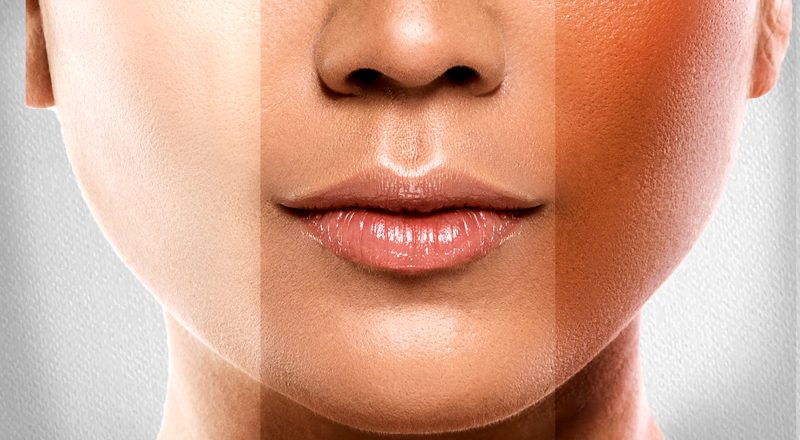Achieving clear, radiant skin is a goal for many individuals, and one of the most common concerns is uneven skin tone or pigmentation. Melanin, the pigment responsible for skin color, plays a significant role in this issue. While melanin is natural, excess production can lead to dark spots, pigmentation, and an uneven complexion. In this blog, we will explore safe and effective methods to reduce melanin and achieve clearer, more even-toned skin. Whether you’re dealing with sun spots, acne scars, or age spots, this guide will offer practical insights into reducing melanin and improving skin appearance.
Why Reducing Melanin Matters
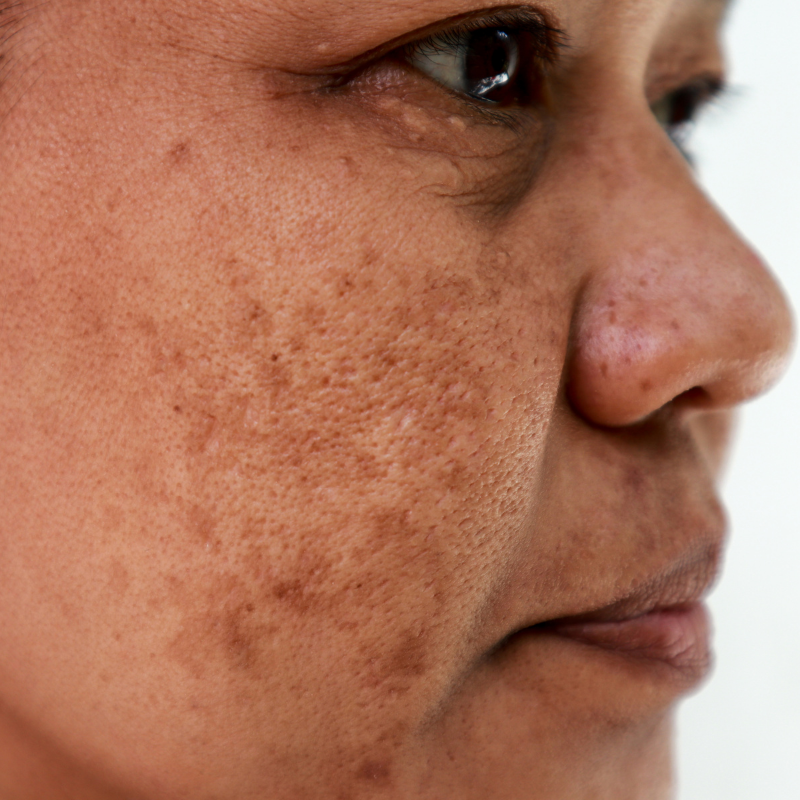
Excess melanin can lead to hyperpigmentation, making your skin appear uneven or dull. Understanding how to reduce melanin production can help you restore your skin’s natural radiance and achieve a clearer complexion. By exploring safe methods, you can protect your skin from harmful side effects and restore its health.
In this blog, we’ll cover a variety of effective techniques, including natural remedies, professional treatments, and lifestyle changes to reduce melanin levels and improve skin clarity. Let’s dive into the most commonly recommended approaches for achieving even-toned skin.
Use of Topical Skin Lightening Agents
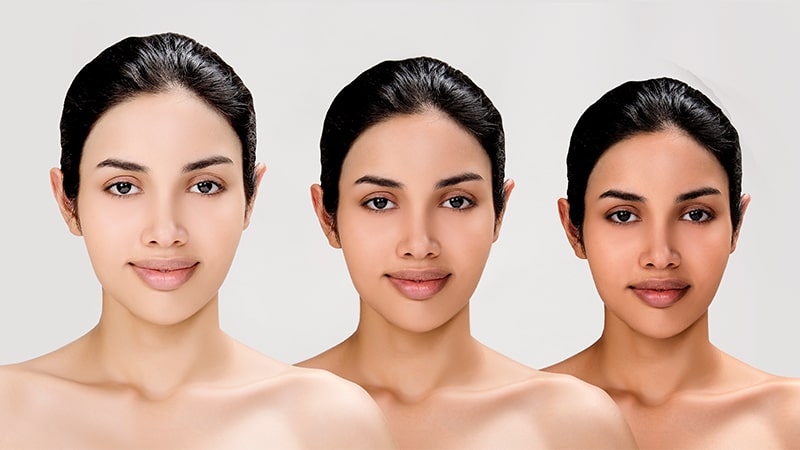
Topical agents can be an effective way to reduce melanin production and lighten dark spots. Some of the most popular options include:
- Vitamin C: Known for its antioxidant properties, vitamin C can reduce melanin production and promote skin clarity by inhibiting the enzyme tyrosinase, which plays a key role in melanin synthesis.
- Niacinamide (Vitamin B3): This is an excellent option for reducing pigmentation. Niacinamide helps block melanin transfer to skin cells and brightens dark spots without causing irritation.
- Hydroquinone: Often used in skincare, hydroquinone is a skin-lightening agent that can help reduce dark spots and hyperpigmentation. However, it should be used with care and under professional guidance as it can cause side effects in sensitive skin.
- Alpha Arbutin: This naturally occurring compound works by inhibiting melanin production, providing a gentle and effective solution for skin whitening.
Chemical Peels for Skin Renewal
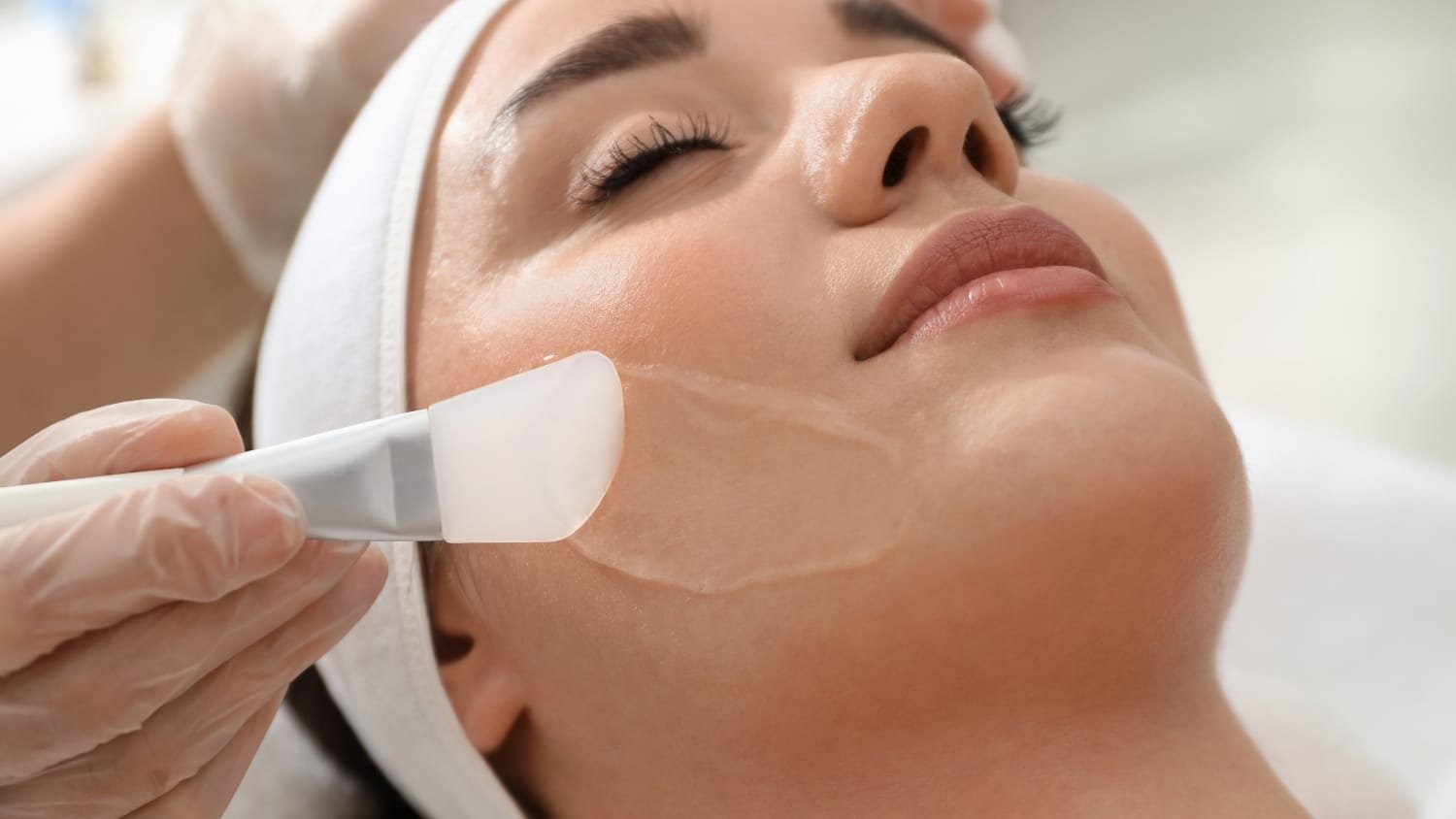
Chemical peels are a popular treatment for reducing melanin and improving overall skin texture. They involve applying a solution to the skin to exfoliate dead skin cells, revealing newer, brighter skin underneath. Depending on the type of peel used, the following benefits can be expected:
- Reduction in Dark Spots: By removing the top layer of skin, chemical peels help to fade dark spots and hyperpigmentation caused by sun exposure or acne scars.
- Even Skin Tone: Chemical peels stimulate collagen production, which can lead to smoother, more even skin.
- Types of Peels: There are various types of chemical peels, including glycolic acid, salicylic acid, and lactic acid peels. Your dermatologist will recommend the best one for your skin type and concerns.
IPL Laser Treatment
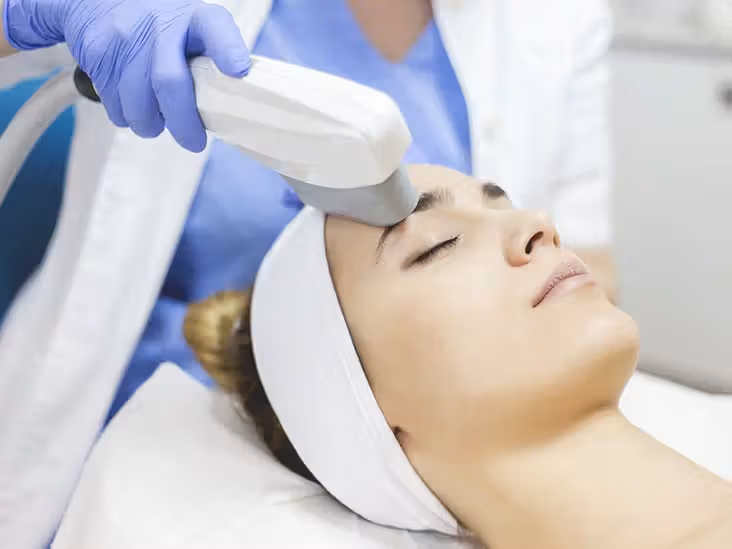
Intense Pulsed Light (IPL) therapy is another non-invasive method to reduce melanin and treat pigmentation issues. IPL uses light energy to target and break down melanin in the skin, leading to a reduction in dark spots and uneven skin tone. Benefits include:
- Targeted Treatment: IPL precisely targets pigmentation without harming surrounding tissues.
- Minimal Downtime: Unlike more invasive treatments, IPL typically has a quick recovery time, with most patients able to return to their daily activities immediately after the session.
- Multiple Benefits: Besides reducing melanin, IPL can also improve skin texture and reduce fine lines and wrinkles.
Microneedling for Skin Rejuvenation
Microneedling, also known as collagen induction therapy, involves tiny needles that create micro-injuries in the skin. These micro-injuries stimulate collagen and elastin production, which can help to reduce pigmentation. Benefits of microneedling include:
- Improved Skin Texture: The collagen-boosting effect can help reduce the appearance of dark spots and give your skin a smoother, more youthful look.
- Safe for Various Skin Types: Microneedling is suitable for most skin types and can effectively treat a variety of skin concerns, including acne scars, sun spots, and hyperpigmentation.
- Minimal Side Effects: When done by a professional, microneedling is a safe option with minimal side effects.
Natural Remedies to Reduce Melanin
While professional treatments can be effective, there are also natural remedies you can try to reduce melanin production and improve skin clarity. Some popular natural methods include:
- Lemon Juice: Lemon juice contains citric acid, which can act as a natural exfoliant and lighten dark spots over time.
- Aloe Vera: Known for its soothing properties, aloe vera can help reduce pigmentation and promote skin healing.
- Turmeric: This ancient remedy contains curcumin, which has been shown to reduce melanin production and promote an even skin tone.
- Papaya: Enzymes in papaya, such as papain, help to exfoliate dead skin cells and lighten skin discoloration.
While these remedies are generally safe, they may take time to show results. Consistency and patience are key.
Sun Protection and Lifestyle Changes

Sun exposure is one of the leading causes of melanin production and skin pigmentation. To prevent further darkening of your skin, it’s essential to:
- Wear Sunscreen: Daily use of sunscreen with at least SPF 30 can protect your skin from harmful UV rays and prevent the formation of new dark spots.
- Seek Shade: Limit sun exposure, especially during peak hours (10 AM to 4 PM), to reduce the risk of pigmentation.
- Wear Protective Clothing: Wearing hats, sunglasses, and protective clothing can help minimize sun damage.
Dr. Manish Madhukar Ratnakar: Your Expert in Skin Care
Dr. Manish Madhukar Ratnakar is a renowned skin specialist with over five years of experience in treating various skin concerns. As a leading dermatologist at Revitalize Clinic, he offers expert treatments for skin rejuvenation, including chemical peels, IPL laser therapy, microdermabrasion, and more. With his extensive knowledge and expertise in the field, Dr. Ratnakar is committed to providing personalized care and effective solutions for your skin concerns. Whether you’re dealing with pigmentation, acne scars, or other skin issues, Dr. Ratnakar ensures a tailored approach to help you achieve your skincare goals.
FAQs
- How long does it take to see results from chemical peels?
Results from chemical peels can vary depending on the depth of the peel. For superficial peels, you may see improvement in 1-2 weeks, while deeper peels may take 4-6 weeks for full results. - Is IPL treatment safe for all skin types?
IPL is generally safe for most skin types. However, it may not be suitable for individuals with darker skin tones or those with active skin conditions. A consultation with a dermatologist is essential to determine suitability. - Can I use natural remedies alongside professional treatments?
Yes, many natural remedies can complement professional treatments. However, always consult your dermatologist before combining treatments to ensure compatibility and safety. - How often should I use sunscreen?
Sunscreen should be applied daily, even on cloudy days. Reapply every 2 hours when outdoors, especially if you are sweating or swimming. - Are there any side effects to microneedling?
Microneedling is generally safe, but some redness and swelling are common immediately after treatment. These effects usually subside within a few hours to a day.
Achieving clear, even-toned skin is a journey that requires both patience and consistency. Whether you choose professional treatments or natural remedies, remember that proper skincare, sun protection, and professional guidance are essential for the best results. If you’re struggling with pigmentation or melanin-related concerns, it’s best to consult with a dermatologist like Dr. Manish Madhukar Ratnakar, who can help you select the most suitable treatment for your skin type and concerns. Keep your skin healthy, and the results will speak for themselves.
